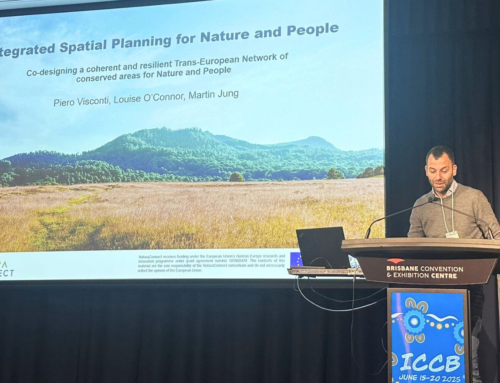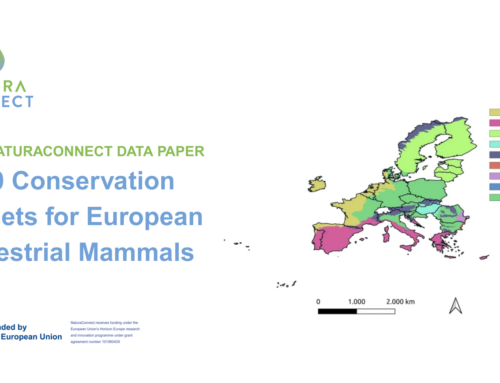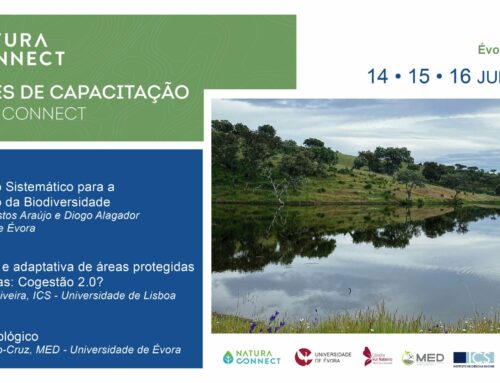Funding biodiversity and climate change adaptation in Portugal
Implementing the ambitious targets set in the EU Biodiversity Strategy for 2030 requires concrete commitments and actions from all EU Member States, but not only. Achieving the necessary transformative change demands the involvement of diverse stakeholders through a multilevel approach and a strengthened governance framework, which includes a stronger commitment to sustainable practices in the primary sector, informed and science-based decisions at the political level, and a strong investment in natural capital.
According to the EU Biodiversity strategy, at least €20 billion a year should be unlocked for spending on nature conservation and restoration efforts, which must be secured from both public and private sources. For the Portuguese economy (1.3% of the EU GDP), this means ensuring an annual investment of no less than €260 million (Araujo et al, 2022).
How to ensure better funding for biodiversity in Portugal?
In the framework of the NaturaConnect project, the Think Tank NaturaConnect.PT was established to foster interinstitutional collaboration in identifying barriers and co-creating innovative solutions to achieve the EU biodiversity targets. Led by Miguel Bastos Araújo (Évora University), it gathers high-level representatives from public administration, businesses, universities, NGOs and trusts. After its first gathering in November 2023, members reconvened on the International Day for Biological Diversity, 22 May, at Tapada Nacional de Mafra, to discuss funding opportunities for biodiversity.

With invited experts in Green Finance, the group explored tools and necessary actions to finance biodiversity conservation in the context of climate change. The University of Évora set the discussion with an overview of the key EU targets and challenges in Portugal, and the state of art of biodiversity credits implementation. Rewilding Europe shared a broad overview of the main structured funding streams for Biodiversity and examples of public and blended investments. The discussion delved into an analysis of the main legal and political tools constraints to developing the voluntary market for biodiversity credits in Portugal.

In the afternoon, the focus shifted to the role of private investment, both from a corporate sustainability perspective and philanthropic funds. To bridge the gap between donors and recipients, NGO sector representatives shared their experiences, reflecting on their main constraints in reaching out to private investors, whilst trusts and businesses showcased their examples of supporting natural capital. The Business Council for Sustainable Development (BCSD), representing over 200 Portuguese companies, summarised the main constraint for investment in nature: the desire for short-term, reportable impact, which often does not align with the longer timelines required for natural processes to take place.
A statement about Funding Biodiversity in the context of climate change is now being produced. This statement will introduce the Think Tank members’ positions and reflections, aiming to influence political decisions in Portugal.




